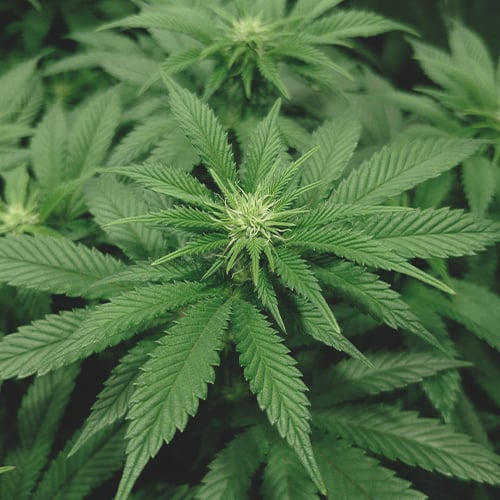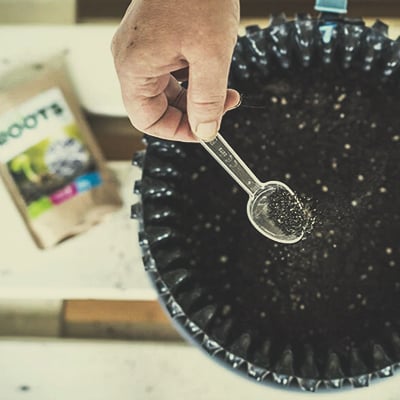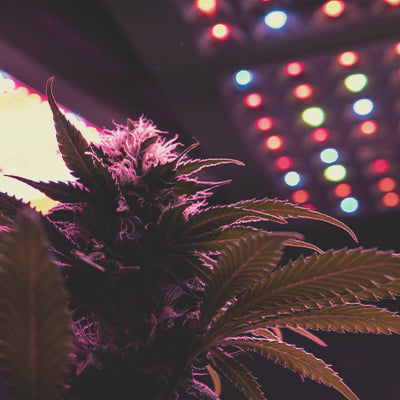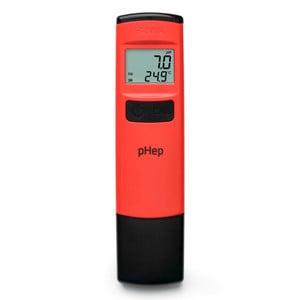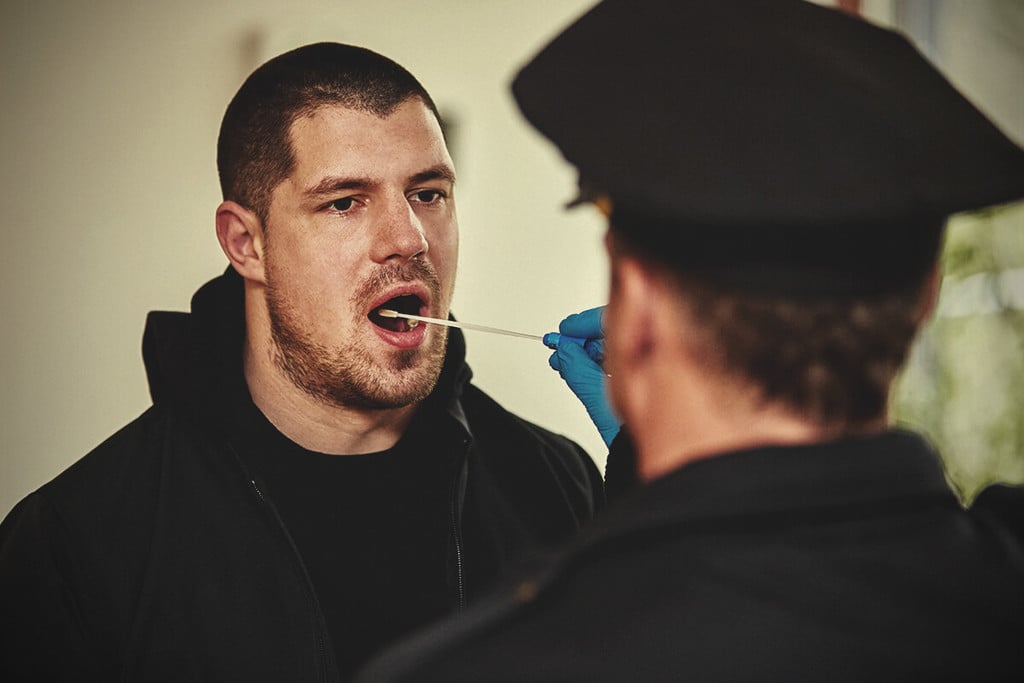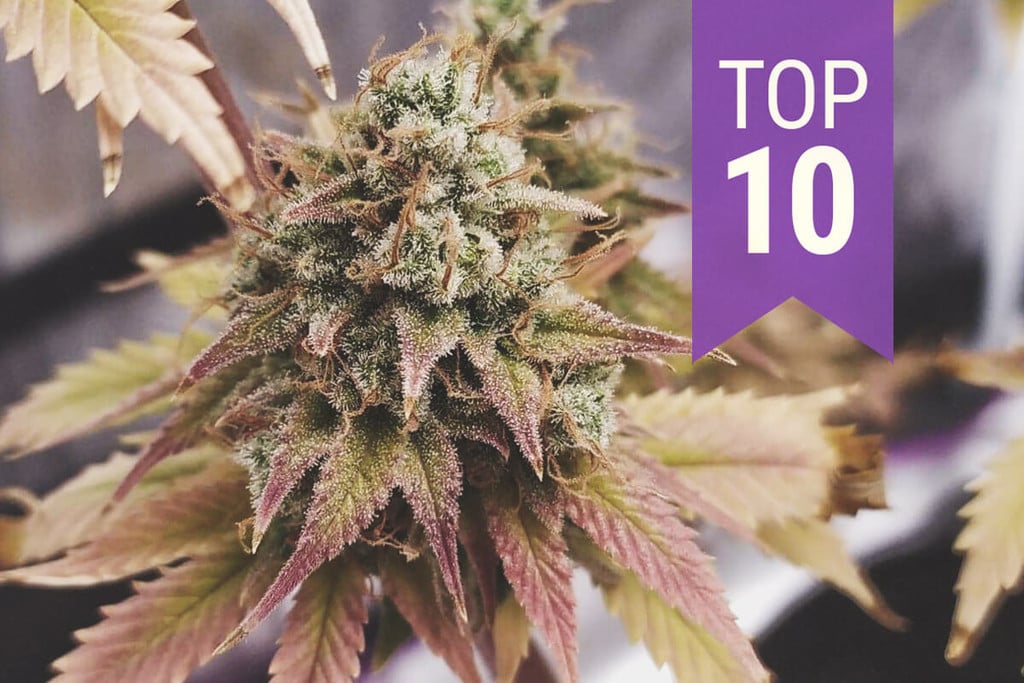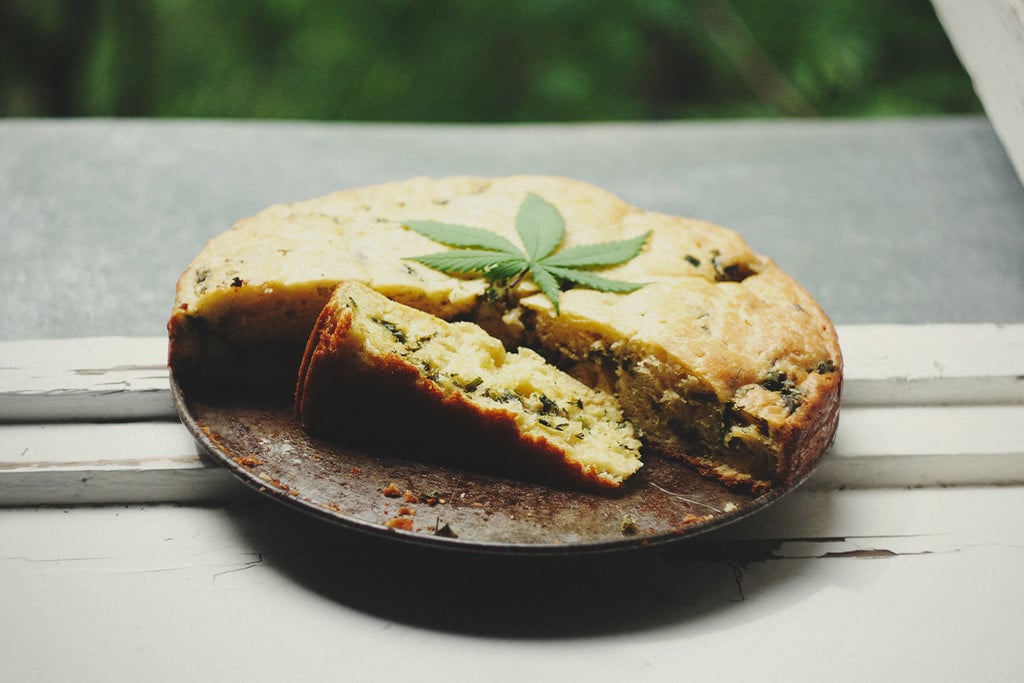.
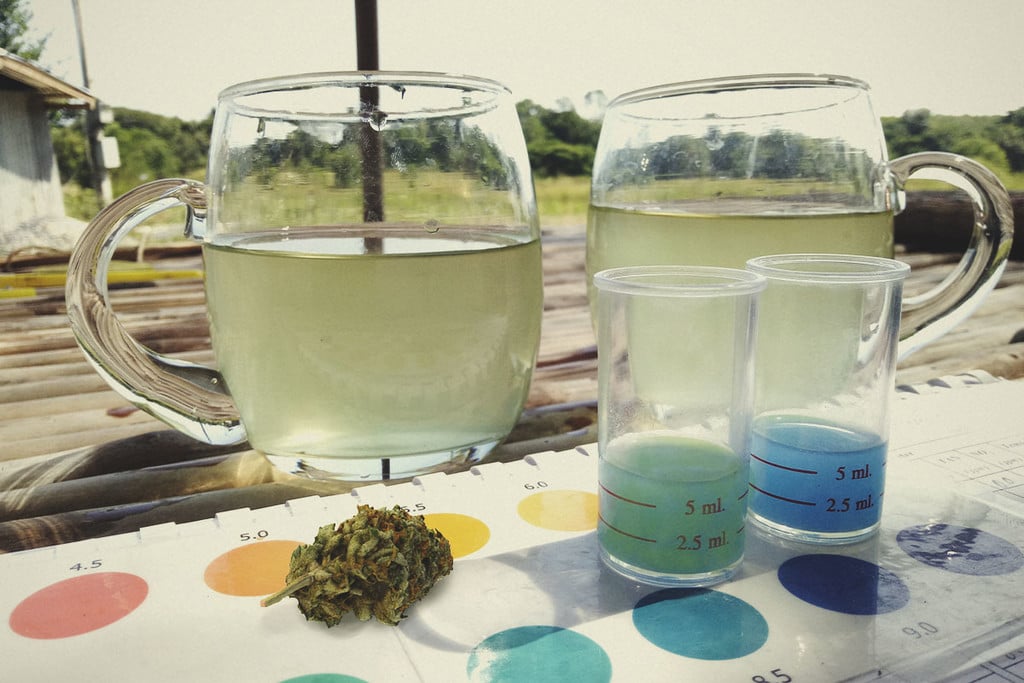
How To Test the THC and CBD Content of Your Weed
When smoking cannabis, most of us don't have an exact idea of how much THC we're inhaling. While the THC and CBD figures provided by dispensaries and seed banks offer some information, they're subject to change. Luckily, there are ways to test the cannabinoid content of your weed at home. Find out how!
Want to accurately judge the potency of your buds before taking a single puff? Performing cannabis testing at home allows you to pinpoint the levels of THC, CBD, and even terpenes in the material you’re blazing.
Cannabis culture has changed a lot in the last few decades. Growers and smokers now have access to an untold number of new strains, and each cultivar offers something slightly different when it comes to taste and effect. There are countless terpene profiles available, and even new cannabinoid profiles are beginning to storm the scene.
THC and CBD levels have also risen across the board. Consumers can access strains with THC values of over 30% if they really want to test their mettle, and extracts offer even higher quantities of the cannabinoid (near 100% in some cases). Some strains also offer sky-high levels of CBD (e.g. 20%+) with only trace amounts of THC.
Contents:
Why Test THC Levels in Weed?
While recreational growers tend to be perfectly happy playing roulette every time they hit a new strain, many holistic users are concerned with the exact blend of phytochemicals entering their bodies. Even some of the more fastidious recreational users may be uneasy not knowing the exact cannabinoid concentration of their buds.
Here are some reasons people test the THC content of their buds in the first place.
-
To Know What To Expect
Gauging the amount of THC in your flowers will prepare you for the effects you’re about to experience. But don’t seed banks detail the amount of THC in each strain? While true, these numbers aren’t always completely accurate. Genetics plays a role in the potency of each strain, but environmental factors do also dictate how much THC ends up in the flowers. Factors that can influence the cannabinoid profile include (but are not limited to):
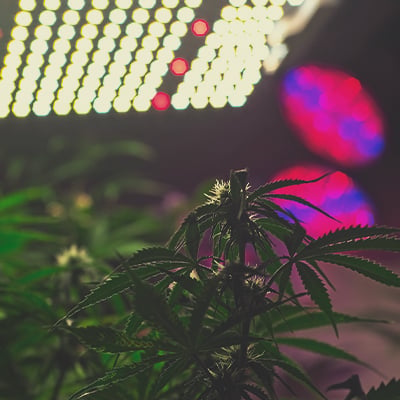 |
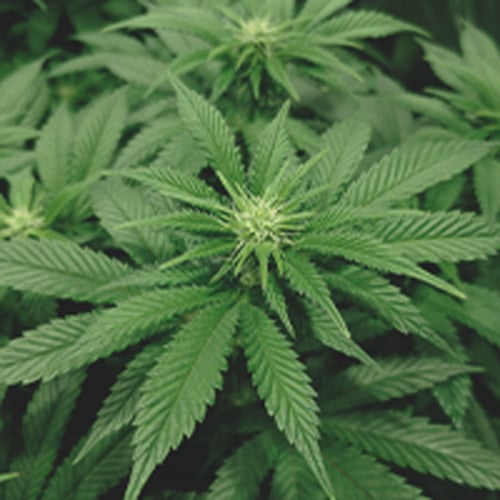 |
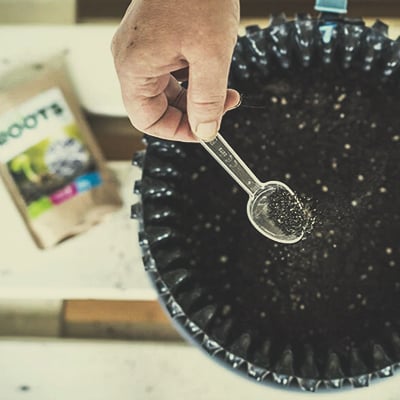 |
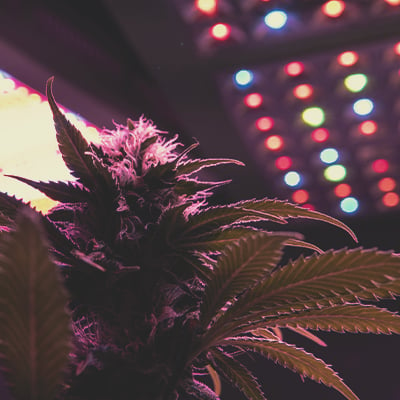 |
| Lighting | Plant health (lack of disease and nutritional deficiency) | Growth-promoting rhizobacteria | Weeks of flowering |
If you tick all of these boxes during growth, you could very well end up with THC levels much higher than average for a particular cultivar. But if your plants suffer from disease or experience poor growing conditions, the flowers could register much lower levels of the cannabinoid. Testing your cannabis will help you determine the exact amount of THC you’re working with.
-
To Make Dosing More Accurate
Cannabis testing will help you out when it comes to dosing. This is true with smoking and vaping, but also when crafting extracts and edibles. With knowledge of their THC content, you can weigh out your flowers and figure out the exact amount of THC in every dose of oil or delicious brownie.
-
To Maximise THC Levels When Growing Weed
THC testing can be used as an informative tool for growers. By testing the THC quantity of each harvest, you can experiment with new growing techniques using the same strain to see what renders the best results. In other words, you can use different lights, supplements, or locations to pinpoint the methods that maximise the potency of your yields.
Understanding the Science of THC Testing
There are two primary ways to figure out the THC content of your flowers. You can grab a testing kit and find out for yourself at home, or you can use the approximate figures provided by your retailer. We’ll explore the latter first, before delving into how to test cannabis at home.
If you’re lucky enough to live in a legal state in the US, you’ll have access to a massive variety of lab-tested weed. Many raw flowers and extracts are labelled with precise percentages that display both THC and THCA levels.
THCA vs THC
Before we show you how to carry out the equation, it helps to know the difference between THCA and THC. It might shock you to discover that cannabis contains very little THC. The psychotropic cannabinoid actually comes into being after exposure to heat. It exists in the form of THCA—a cannabinoid acid—in raw buds.
Also known as tetrahydrocannabinolic acid, THCA works in a unique way in the body. It interacts with the endocannabinoid system, but it doesn’t get you high. THCA features a heavier molecular mass than THC because it possesses an additional carboxyl group. The molecule converts to THC when exposed to the heat of a bong bowl, vaporizer, or oven in a process called decarboxylation—the carboxyl group ejects, leaving THC behind.
When you walk into a US dispensary, you’ll see detailed labels on almost every product. Companies are required by law to test their buds and extracts for THC and CBD content. Upon closer inspection, you’ll see what seem like exceptionally low levels of THC, and high levels of THCA.
Remember, most of that THCA will turn into THC when you smoke, vape, or cook your product.
Finally, you’ll see a figure for maximum THC. This number reflects the amount of THC that should be present in the flowers following decarboxylation.
But these numbers don’t always seem to add up. Let’s take a look at Bubba Kush for example. Check out the cannabinoid profile of this indica strain:
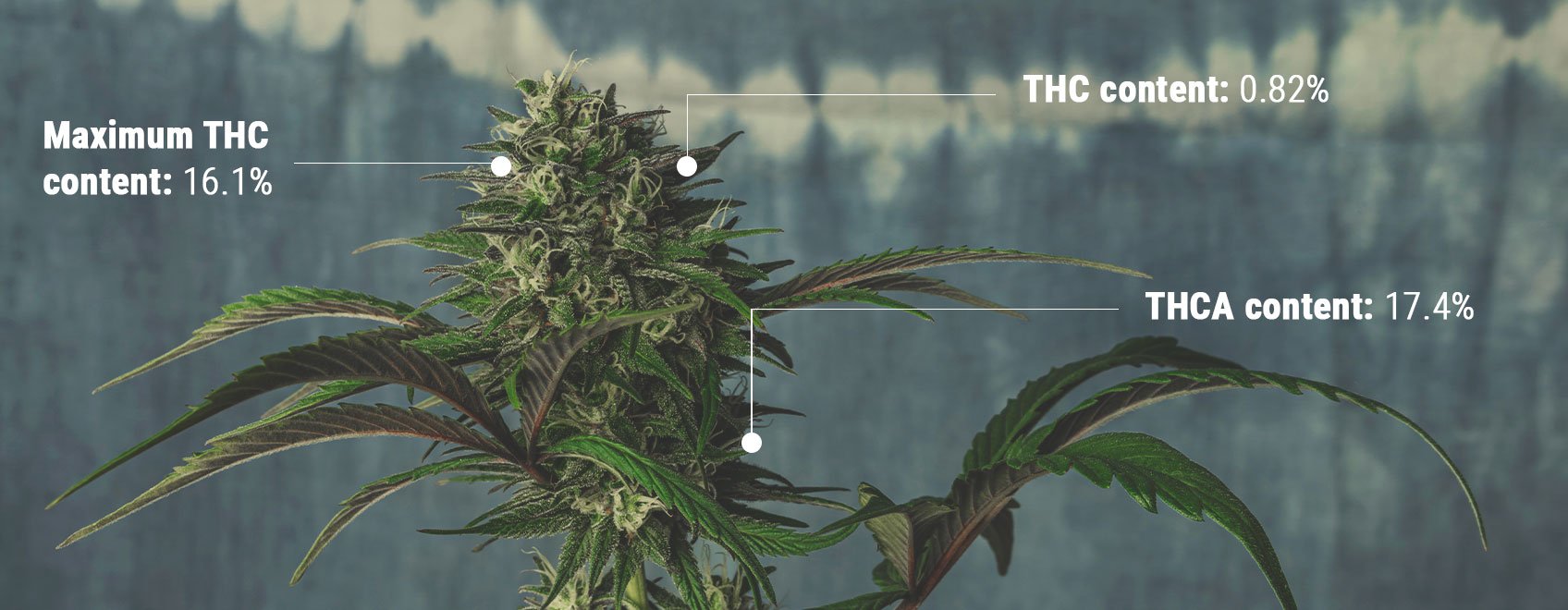
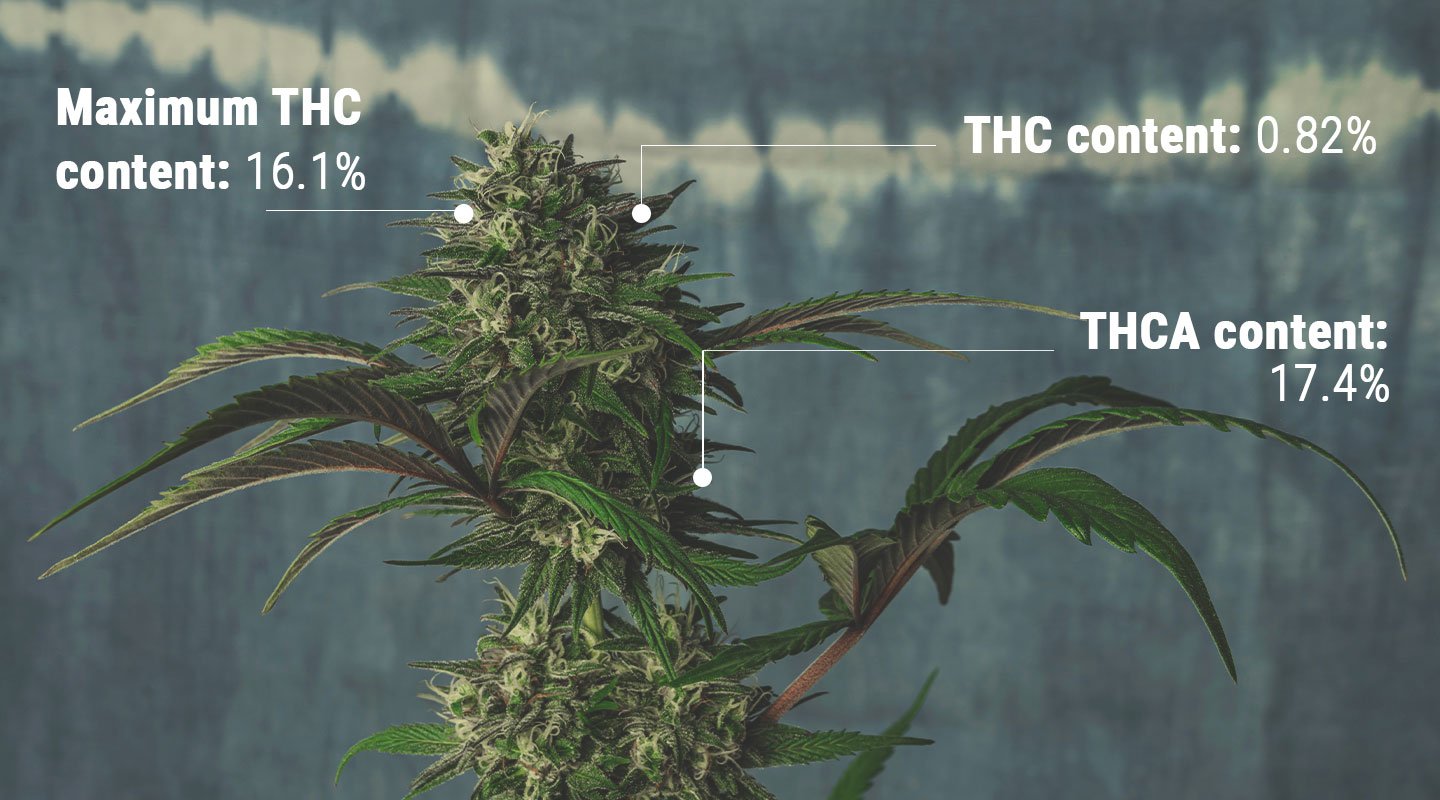
But hold on a second; shouldn’t a THC content of 0.82% and a THCA content of 17.4% equal a total THC value of 18.2%? Not quite. There are a few variables we need to consider to determine the true THC value of this strain.
Equation To Determine Total THC Level
As mentioned above, THCA and THC have a slightly different molecular mass—THC is 87.7% of the mass of THCA. As THCA converts to THC, the total weight of the newly formed cannabinoid makes up less of the total dried weight of the herb.
Next, we need to consider the efficiency of conversion. Not every molecule of THCA will convert to THC during decarboxylation. An estimated 75% of the cannabinoid acid will make the switch. On top of that, some THC will degrade into CBN under these harsh conditions.
Based on these variables, the following formula accounts for the imperfect conversion of THCA and takes the difference in molecular mass into consideration:
|
(0.75 × 0.877 × % THCA) + % THC |
|
(0.75 × 0.877 × % THCA) + % THC |
When we add the Bubba Kush figures into the mix, we get:
|
(0.75 × 0.877 × 17.4) + 0.82 = 12.26 % |
|
(0.75 × 0.877 × 17.4) + 0.82 = 12.26 % |
This figure seems to contradict the maximum THC content on the Bubba Kush potency label, but that’s because the equation factors in the conversion rate during decarboxylation. Other methods of cannabis consumption can increase conversion and bring the total figure closer to the maximum value.
For example, heating extracts at 200°C for five minutes can bring conversion closer to 100% and minimise THC degradation into CBN. Therefore, making edibles, for example, can help to unlock the maximum THC content inside a given cultivar.
What Types of Weed Can You Test?
The formula above comes in handy when you have access to such detailed labelling. However, cannabis users in most parts of the world don’t have this privilege. Plus, you won’t have any labels to reference after harvesting your own stash. In these instances, testing your cannabis at home, or sending it off to a lab, can help you determine the cannabinoid profile of your buds. While some forms of THC testing are limited to flowers, others also analise concentrates, extracts, oils, and edibles.
How To Test THC and CBD Levels in Weed
There are three main ways to test your cannabis products. Explore them in detail below.
Home Testing Kits: How To Test THC Potency at Home
If you want to test your own flowers or concentrates at home, you have several options to choose from. Some are cheaper but slightly limited, whereas others are more expensive but produce more detailed results.
-
Colour Chart Test Kits
Colour chart kits test for both CBD and THC. They require only a small pinch of material to get a reading, and are compatible with flower, extracts, and oils. Simply take a sample and place it into the container along with the test fluid. Give it a shake and wait a couple of minutes. The solution will turn a specific colour. Compare the colour with the chart provided to determine the cannabinoid content.
As they’re cheaper than other tests, colour chart kits don’t offer the most detailed results. Some kits only test for THC levels of up to 20%, and CBD quantities of up to 2.5%. If cannabinoids in the sample exceed these readings, you’ll still be guessing. Expect to pay around €25 for a pack containing three tests.
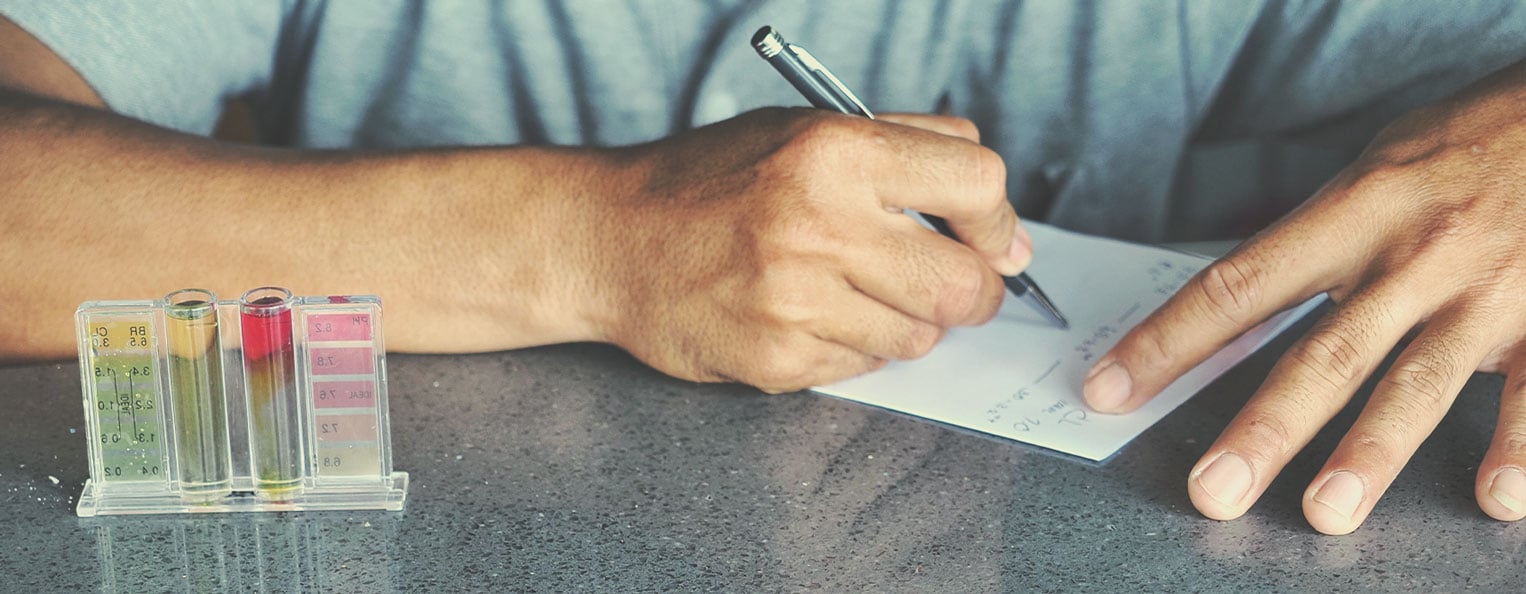
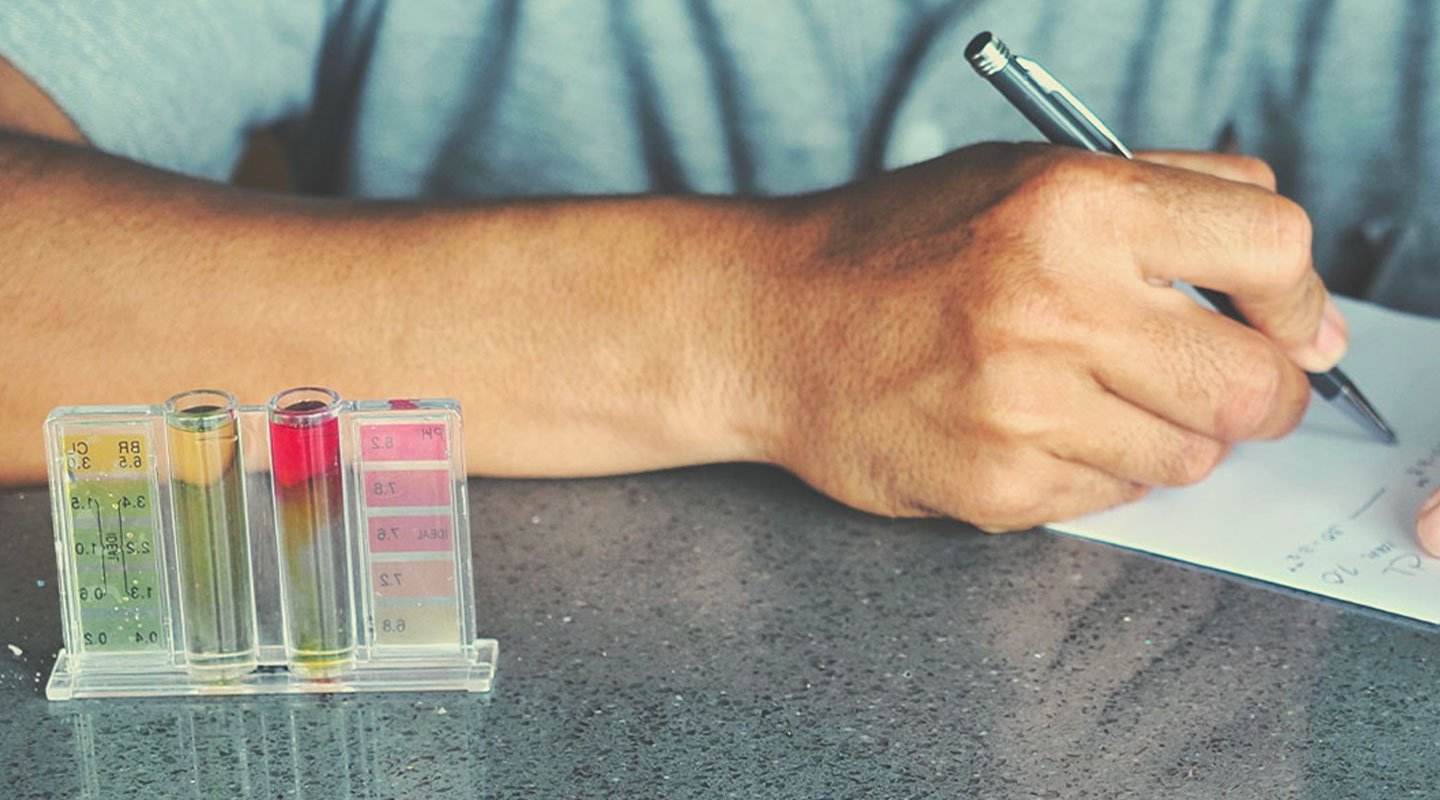
-
Thin-Layer Chromatography (TLC) Test Kits
TLC test kits are more expensive. You’ll pay around €135 for a kit that will test between 20–25 samples. However, you get what you pay for. TLC testing offers much more accurate readings, and also tests for minor cannabinoids including CBN, CBG, and THCV.
To conduct these tests, mix 0.1g of flower, edible, or extract with the test fluid. Use the pipette provided to add small quantities of the mixture onto the coated glass plate. Position the plate into the additional jar of test fluid and watch the fluid wick up the plate.
This process detects the properties of individual cannabinoids and separates them. Next, spray the plate with the dye to reveal coloured spots. Compare the size of the dots to the template provided to figure out the quantities of each cannabinoid within increments of one percent.
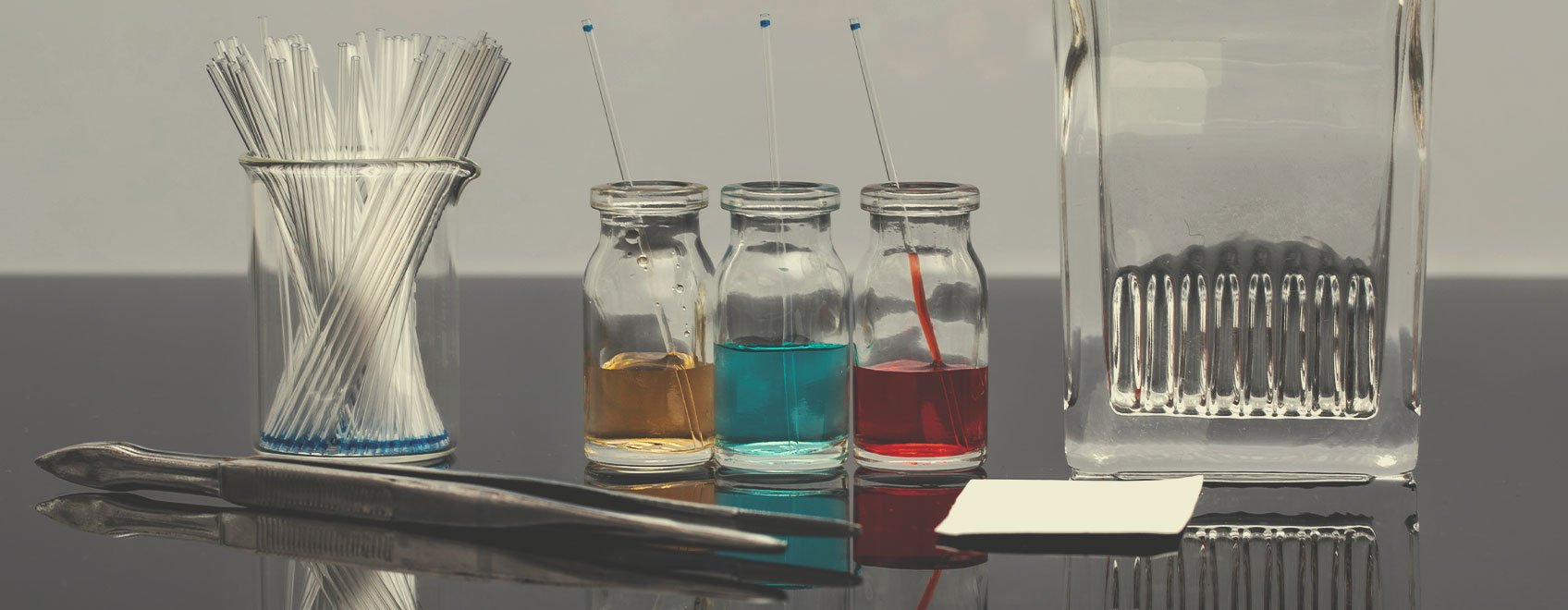
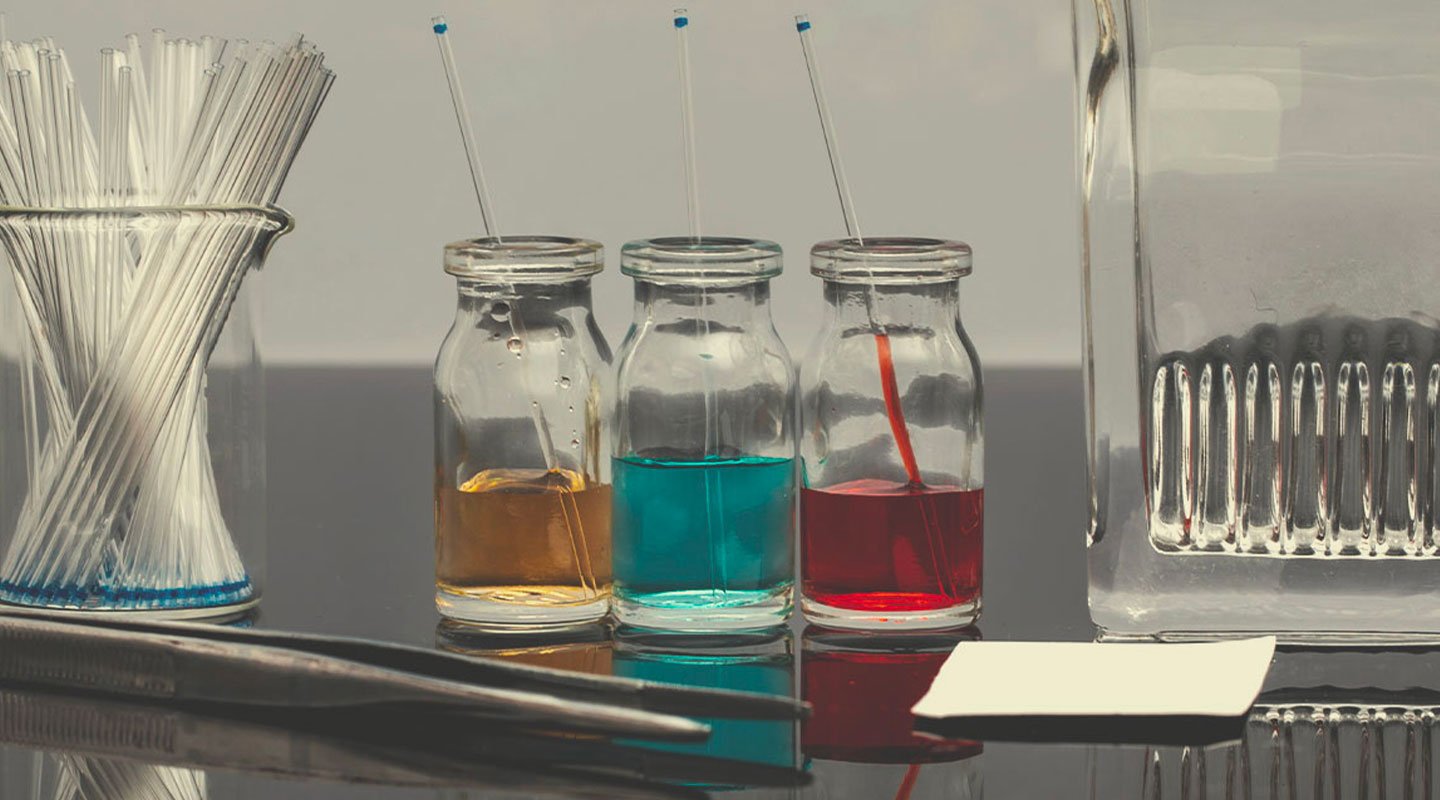
-
Testing Gadgets
Testing gadgets are the premium option when it comes to at-home THC testers. These devices save a lot of faff, but will cost you around €850. This is an investment geared toward growers, breeders, and those who really care about the cannabinoid content of their buds.
These handheld cannabis testing devices link up to smartphones via Bluetooth. Place a sample of flower into the device, and use your phone app to select the “flower” setting. Wait 3–5 minutes while the analyser works its magic. Next, you’ll see a chart pop up that gives a reading for THC, CBD, and CBN, as well as a host of different terpenes. The app will also suggest other strains available with similar compositions.
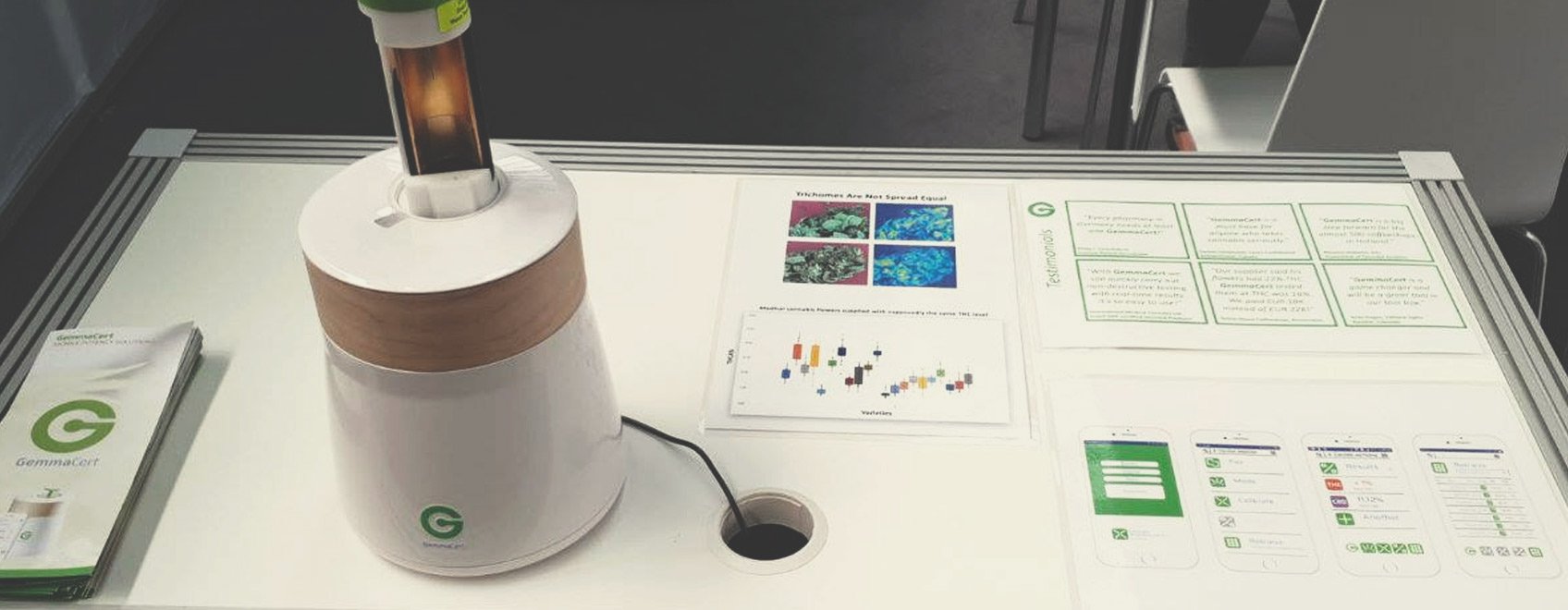
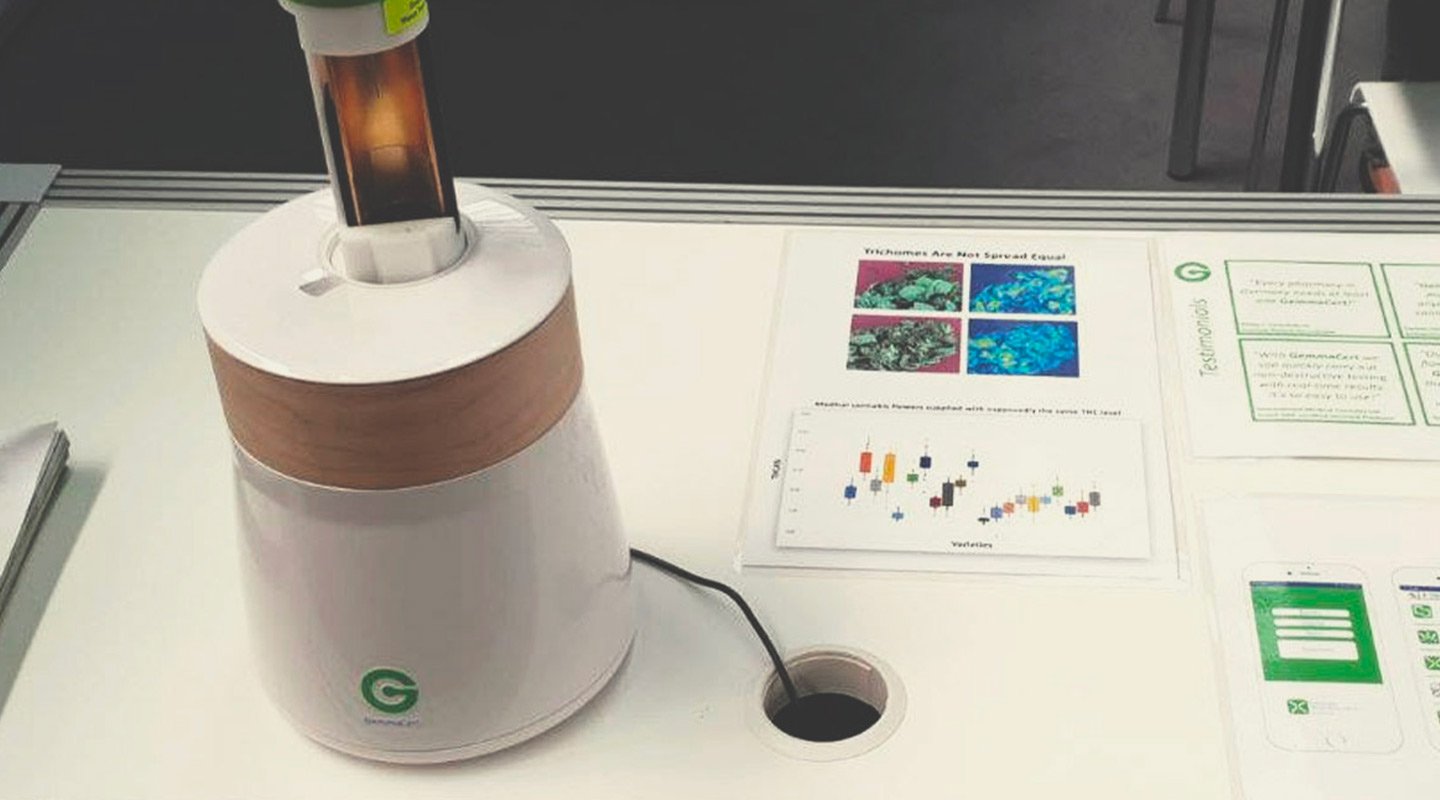
THC Lab Test
Lab testing costs a lot of money in the long run. On average, you can expect to pay €80–160 per sample. Realistically, only commercial enterprises will have the resources and desire to test cannabis samples in this way. Labs use various forms of chromatography to accurately break down the chemical composition of a sample. Not only will you get accurate cannabinoid and terpene concentrations, but some companies also test for heavy metals, pesticides, and microbes to confirm the safety of each batch.
Testing THC and CBD: Is It Worth It?
It depends on how important you think strict numbers are. If you’re a recreational user, the figures provided by seed banks and dispensaries will give you a general idea of what you’re smoking. If you need more accurate numbers for holistic use, home test kits and gadgets will help you determine the true cannabinoid content of your material. Finally, lab testing serves as an important service for companies that need to know the phytochemical profile and safety of their products, but this level of analysis isn’t necessary for most people.


























